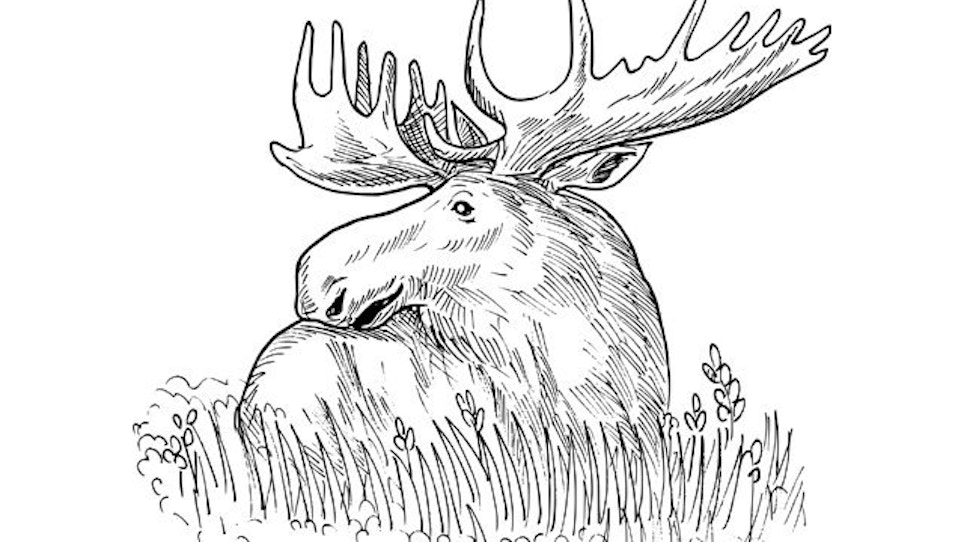FAIRBANKS, Alaska (AP) — State wildlife biologists have again killed dozens of bears in an effort to increase the number of available moose for subsistence hunters in part of the western Interior.
The Department of Fish and Game said it's too early to draw firm conclusions about whether the Board of Game-endorsed predator-control effort is having the desired effect. But the department said data gathered this spring show a higher rate of moose-calf survival during the past year. More information is expected following surveys later this year.
This was the second year of the effort, requested by local villagers, the Fairbanks Daily News-Miner reported. This year, biologists shot and killed 64 bears along the Kuskokwim River near Sleetmute, a village about 400 miles southwest of Fairbanks They killed 89 bears last year in an area wildlife officials say used to have the best moosehunting in game management unit 19A.
The moose population in the unit has fallen in recent years, and much of the unit has been closed to hunting since 2006, the department said in a release.
Research suggested predation by bears was playing a major role in preventing the moose population from growing. The wolf-control program has been in effect in the unit since 2004, but that has had no noticeable effect on the moosepopulation, the department said.
All of the bear meat was distributed to residents in 10 area villages. Nearly three tons of meat was shared this year, Fish and Game said. Hides of the smaller bears were given to village residents, while those from larger bears will be sold at a department auction next year.
Department spokeswoman Cathie Harms could not say how much the department has spent on the control effort.
Fish and Game officials said no sows with cubs were taken last year, but two black bear sows with cubs were killed this spring.
The department, in its release, said that because the “Bear Control Focus Area” is a relatively small part of the unit, the removal of the bears of over two years will have only a "minor effect" on the black bear and grizzly bear populations in the entire unit.
———
Information from: Fairbanks (Alaska) Daily News-Miner, www.newsminer.com






